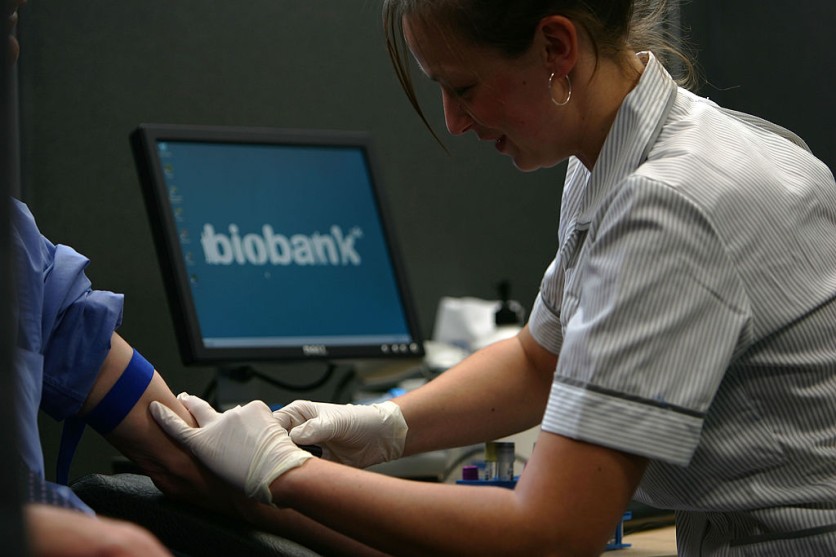Insurance firms were granted access to private health information that almost 500,000 UK individuals provided via UK Biobank for medical research, despite earlier claims to the contrary, per an investigation.
The Observer discovered that between 2020 and 2023, UK Biobank, founded in 2006 to support illness research times, made its vast biological database available to insurance industry companies. Insurance consulting and tech companies receive the data, which includes blood, saliva, and urine samples, medical records, scans, data from wearable devices, and lifestyle details, to build computerized tools that estimate a person's risk of developing chronic illnesses.

Unauthorized Sharing of Sensitive Information?
Health advocates, data privacy specialists, and geneticists have expressed concerns about screening and ethical checks at UK Biobank, despite the bank's claims of having strong controls over access to data for legitimate researchers.
The inquiry also showed that participants were not made aware of data sharing with insurance firms directly, which raises concerns about Biobank's ethical and transparent business procedures.
The UK Biobank is regarded as a vital resource in British science. Originally developed to assist academics, the database has played a significant role in significant medical breakthroughs.
Praised as the largest health research resource globally, the UK Biobank has been essential in several ground-breaking discoveries, ranging from genetic testing for coronary heart disease to understanding the influence of genetic and lifestyle variables on COVID-19, as per the Biobank's press release.
Recently, the UK Biobank included the biggest proteome dataset and continued results from the world's largest whole-body scanning imaging project. Researchers can investigate novel routes for studying disease processes across a range of illnesses, such as depression, anxiety, cancer, and osteoporosis, because of this varied data gathering, per the UK government's site.
However, the management of sensitive medical data has come under fire after recent discoveries.
UK Biobank justified its actions by claiming that participants received updated information during enrolling and that the pledge made before official recruiting in 2007 was no longer valid. Although prior agreements specifically excluded insurance companies, the group said that sharing anonymized data with private corporations for "health-related" research constituted a commitment to them.
A Grave 'Breach of Trust'
Since Biobank does not regularly provide this information, it is unknown what kind of data is shared with the insurance sector. Project summaries recommend adding participant-level, de-identified data on illnesses, lifestyle, and biomarkers.
According to the investigation, ReMark International, a worldwide insurance consultant, was one of the organizations that was given access, and their goal was to use medical records and wristwatch data to create an algorithm that would forecast illnesses and mortality. The firm includes customers, including Legal & General and MetLife, and underwrites one million policies a year. Other firms that gained access to the sensitive data were Lydia.ai, a Canadian "insurtech" company, and Club Vita, a "longevity data analytics company for pension funds," as per the investigative report.
Prominent experts, such as genetics and artificial intelligence specialist Prof. Yves Moreau, have denounced the data sharing as a "serious and disturbing breach of trust." Moreau suggested that participants may not have recognized that insurance companies may access their data and stressed the importance of apparently minor variables.
Related Article: California Hospital Declares 'Internal Disaster' After Suffering from Cyber Attack

ⓒ 2025 TECHTIMES.com All rights reserved. Do not reproduce without permission.




